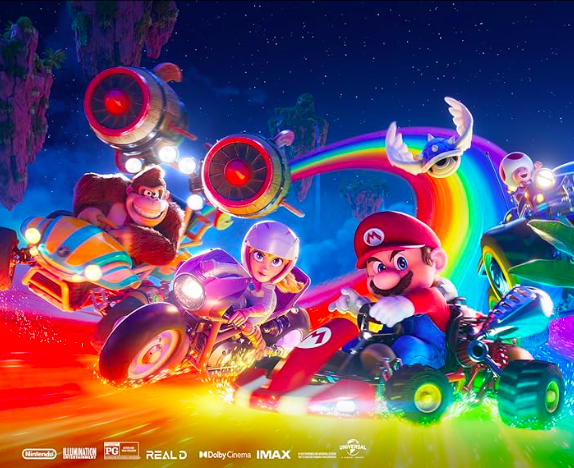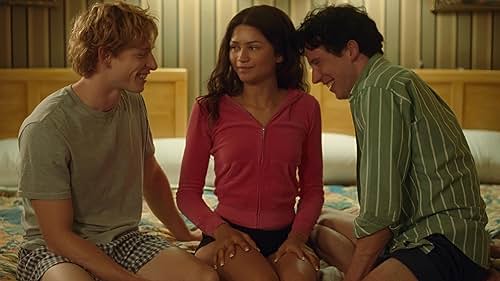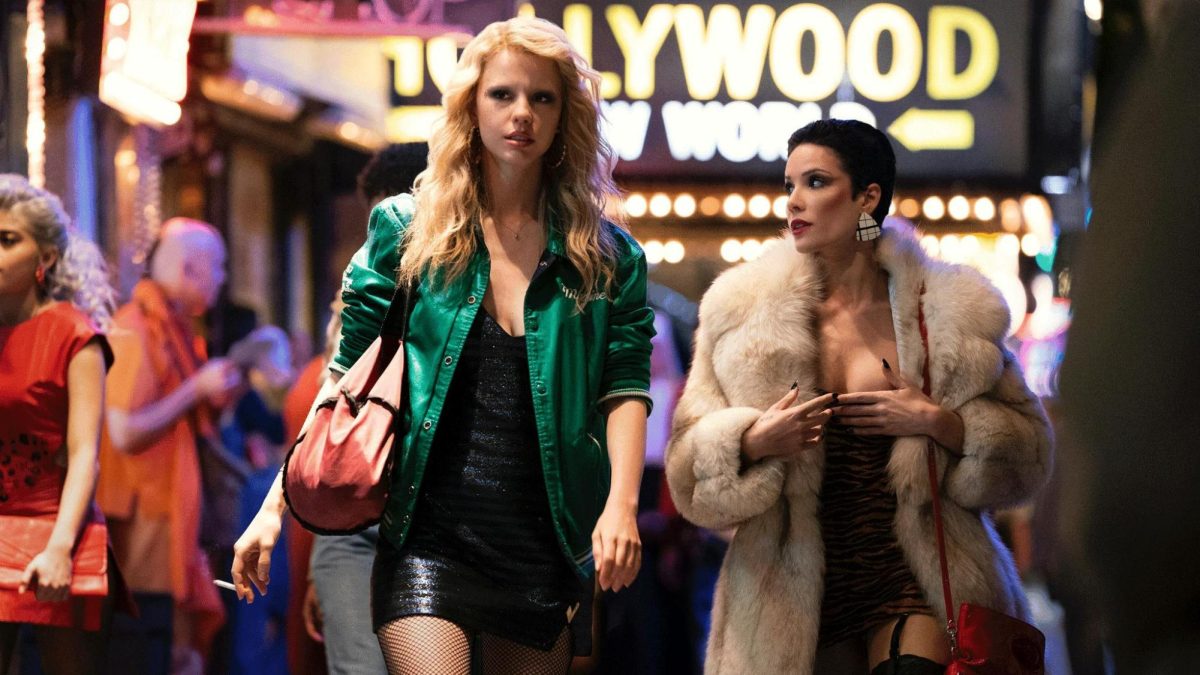
“Beasts of No Nation” is a good movie that missed on its potential to become a great one, made by a good director who may one day become a master filmmaker.
As a cinematographer, Cary Joji Fukunaga’s visual eye allows him to craft beautiful imagery based around the bleakest content. As a director, he has an exact purpose behind almost every camera placement.
As a screenwriter, though, Fukunaga’s shortcomings become more apparent. Rife with excellent performances and gut-wrenching sequences, “Beasts of No Nation” is the product of astonishing filmmaking. If only it could maintain that level of excitement for its entire duration.
Adapted from Uzodinma Iweala’s 2005 novel of the same name, “Beasts of No Nation” takes place in a deliberately vague West African country. A young boy named Agu (Abraham Attah, in his acting debut) finds his village caught in the middle of a factional conflict between a military Junta called the NRC, and the NDF, a rebel militia.
In the space of a few minutes, Agu witnesses his father and brother murdered like cattle, and his village is consumed in a ball of fire. As he starves and hallucinates alone in the jungle, he runs afoul of the NDF, a group of self-styled “freedom fighters” composed of child soldiers, and dominated by Idris Elba’s fearsome Commandant. With a choice between the death of his innocence or death by machete, Agu joins the NDF and commits numerous heinous acts in order to stay alive.
Fukunaga’s use of light and shadow is astonishing. War torn landscapes and lush jungles exude evocative imagery. One memorable sequence involves the use of a color filter that turns the environment into a striking, almost alien pink hue, providing a terrifying backdrop as Agu and the rest of the Commandant’s army terrorize a village in a drug-induced haze.
The always-awesome Idris Elba channels every quality that makes him one of our great actors and brings them out in full force as the Commandant. He exudes enough of his magnetism that we immediately believe that he could manipulate hundreds of desperate young boys into his army, all the while possessing a vile malevolence that, without needless exposition, acknowledges how many men, women and children he has brutalized.
Though Elba receives top billing, this film marks a rare occasion where the other actors in the cast do not seem outclassed in his presence. My favorite supporting character was Strika (Emmanuel Nii Adom Quaye) a mute soldier that goes on to become one of Agu’s only true confidantes. Without a single word, his eyes display a delicate balance between cold-blooded pragmatism and guarded compassion.
Abraham Attah, a Ghanaian local found on a cast scouting, is a revelation as Agu. He never explodes with rage or breaks down in tears, yet we see a boy gradually lose his soul on his screen. His face carries an unspeakable weight, forever tainted by the unconscionable horrors he witnessed and committed.
For this reason, it’s a shame that the film fails to stick with Agu’s point of view. About half way through, “Beasts of No Nation” starts to jarringly shift from Agu’s perspective to the Commandant’s, only to move back in its final 30 minutes. We are treated to a disposable scene where the Commandant meets his commanding officer, and an unnecessary subplot is forced in that involves his aspirations toward a promotion. Unmistakably Agu’s story, the film decides to pay closer attention to a wretched monster that doesn’t deserve it.
The odd tonal shifts don’t help either. At times, the movie desires for a “City of God”-type feel of dystopic abandon in the wake of institutional neglect. Yet it often changes its mind as it descends into “Apocalypse Now”-inspired chaos. While they work in their own right, many formal elements don’t gel in an organic way. For example, although it has moments of beauty, Dan Romer’s M83-inspired synth score feels mismatched with the movie’s hyper-modern African setting.
While individual scenes make for compelling drama, the film as a whole often fails to measure up. “Beasts of No Nation” juggles two themes – how hostile environments engender pointless conflict, and the horrific psychological effects of war on the preadolescent mind – and the balance is often tenuous at best.
The film also sells itself short. Many of the thematic problems could resolve themselves had the movie extended its runtime to three hours. The final 30 minutes feel like a fast-forward. A long movie only elicits groans if the material is insubstantial, and the material in “Beasts of No Nation” never fails to be compelling, even if its conclusion feels anticlimactic. It’s a film that departs us too soon, when more of its subject matter needed exploration.
Yet despite its flaws (and its tactless ad campaign as Netflix’s “first original film”) it deserves to be seen in theaters. A work of profound empathy, “Beasts of No Nation” avoids white savior trappings and the saccharine false charity of “Kony 2012.” It acts as a harrowing exploration of the trauma that victims of war endure.
We know that Agu has done terrible things in the name of survival. As his entire universe collapses around him, the film implores the audience to understand how these tragedies come to pass.
Nate Taskin can be reached at [email protected].



















